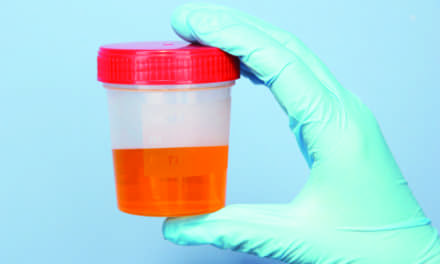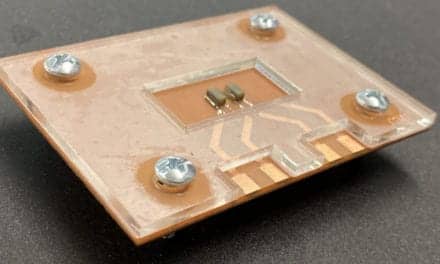
A study appearing online in Clinical Chemistry, the journal of American Association for Clinical Chemistry (AACC), Washington, DC, reveals for the first time that low-quality commercial lab kits may be a factor hampering the progress of cancer diagnostics.
A patient’s chances of survival often hinge on his or her physician’s ability to test for cancer in its earlier stages.
Pancreatic ductal adenocarcinoma (PDAC) serves as a grim example. The majority of patients live only 3 to 18 months, because diagnosis methods usually can’t detect PDAC until it is too advanced to respond to treatment. Testing for the right biomarkers—biological molecules whose presence indicates a condition or disease—could be instrumental in the early detection of cancers such as PDAC.
A team of researchers led by Eleftherios P. Diamandis, MD, PhD, University of Toronto, were hopeful they had found a new pancreatic cancer biomarker, the protein CUZD1, when they realized a faulty immunoassay kit had produced the data supporting CUZD1’s viability. Using a kit marketed for CUZD1 detection, the team had successfully differentiated between pancreatic cancer and benign patient samples. Further analysis, however, revealed that the kit performed well because it actually detected the established tumor marker CA125. CUZD1 and CA125 share no molecular similarities that explain this error. This means that lax quality control during the manufacturing of the kit most likely caused this mix-up.
| Click here to listen to a podcast on this paper. |
Most investigators rely on commercial lab kits to evaluate the potential of candidate biomarkers. This study demonstrates, though, that costly risks counter the ease of using such kits. Diamandis’s team lost 2 years, approximately $500,000, and thousands of valuable patient specimens, while also inadvertently raising false expectations about a potential breakthrough in PDAC testing because of the error in this lab kit.
“Reports like this one are relatively rare in the literature, since negative results are not usually published,” Diamandis says. “However, these findings can contribute significantly to improving the quality of products intended for research purposes, and can save considerable research time and resources, which would otherwise be wasted.”
In this paper, the authors propose experiments to confirm the reliability of commercial lab kits. They hope this will help other researchers avoid similar problems, while also speeding up the development of much-needed effective cancer tests.
[Source: AACC]





